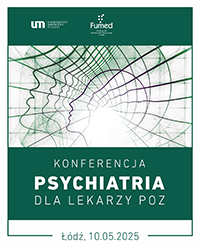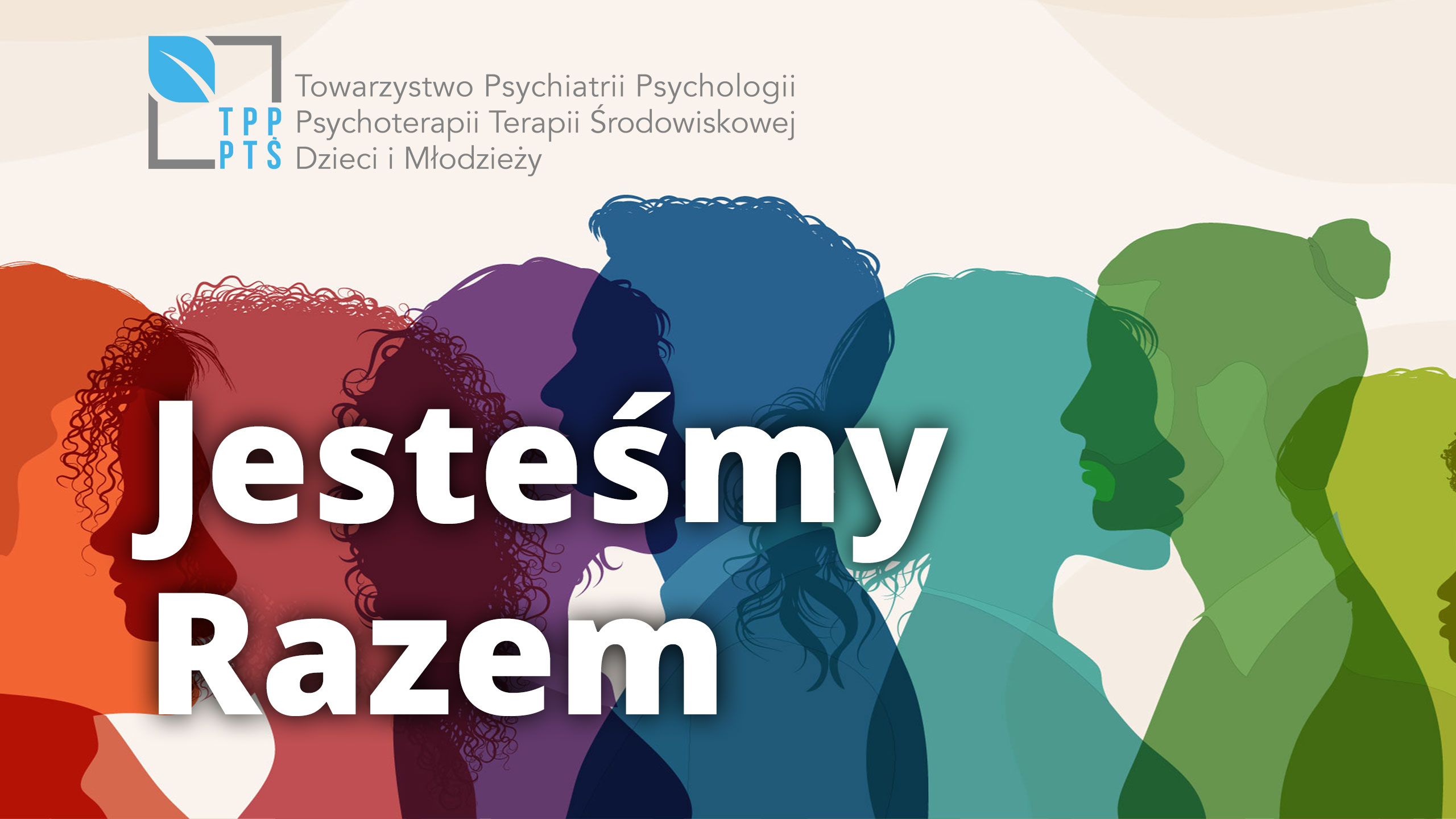Assessment of independent risk factors of conversion into psychosis in the ultra-high risk state group of patients
Marta Gawłowska, Jolanta Rabe-Jabłońska, Tomasz Pawełczyk, Agnieszka Pawełczyk
 Affiliacja i adres do korespondencji
Affiliacja i adres do korespondencjiBackground: The aim of this study was the independent psychosis risk factors assessment in a group of subjects fulfilling the criteria of at risk mental state, under specialist outpatient psychiatric care. Participants: Seventy-one patients – 33 women and 38 men, were involved into this study, aged on average 17.34, all under psychiatric care. The patients were recruited into the study in the sequence of their outpatient clinic admission. The criterion to be included into the study was the diagnosis of ultra-high risk state (UHRS) – defined according to the Australian research group principles. Subsequently, the patients were divided into subgroups according to the clinical features of their mental state. Method: The author’s demographic questionnaire was applied in the study. Information regarding the family history of psychosis was obtained from patients and/or their relatives or carers. The patients’ mental state was assessed monthly – according to the presence of psychotic symptoms, change of their incidence and duration, presence of depressive symptoms or aggressive behaviour (measured by a three-level scale). On the basis of the obtained information, we evaluated: 1) conversion into psychosis time – measured from diagnosing of UHRS to the development of full-symptom psychosis, 2) therapeutic methods used (psychotherapy, pharmacotherapy or both), 3) use of psychoactive substances after being diagnosed with UHRS, 4) presence of serious life stressors (the patients’ subjective estimation) – during the six-month period preceding the conversion into psychosis. Results: 1) In the UHRS group of patients, staying under professional outpatient psychiatric care, the use of marijuana was an independent risk factor of conversion into psychosis. 2) In the investigated group of patients with at risk mental state we did not find any correlation between modulating factors (including: therapeutic methods used, depressive symptoms, aggression or clinical features of UHRS patients’ subgroups or duration of staying under professional psychiatric care) and controlled period without conversion into psychosis.






















